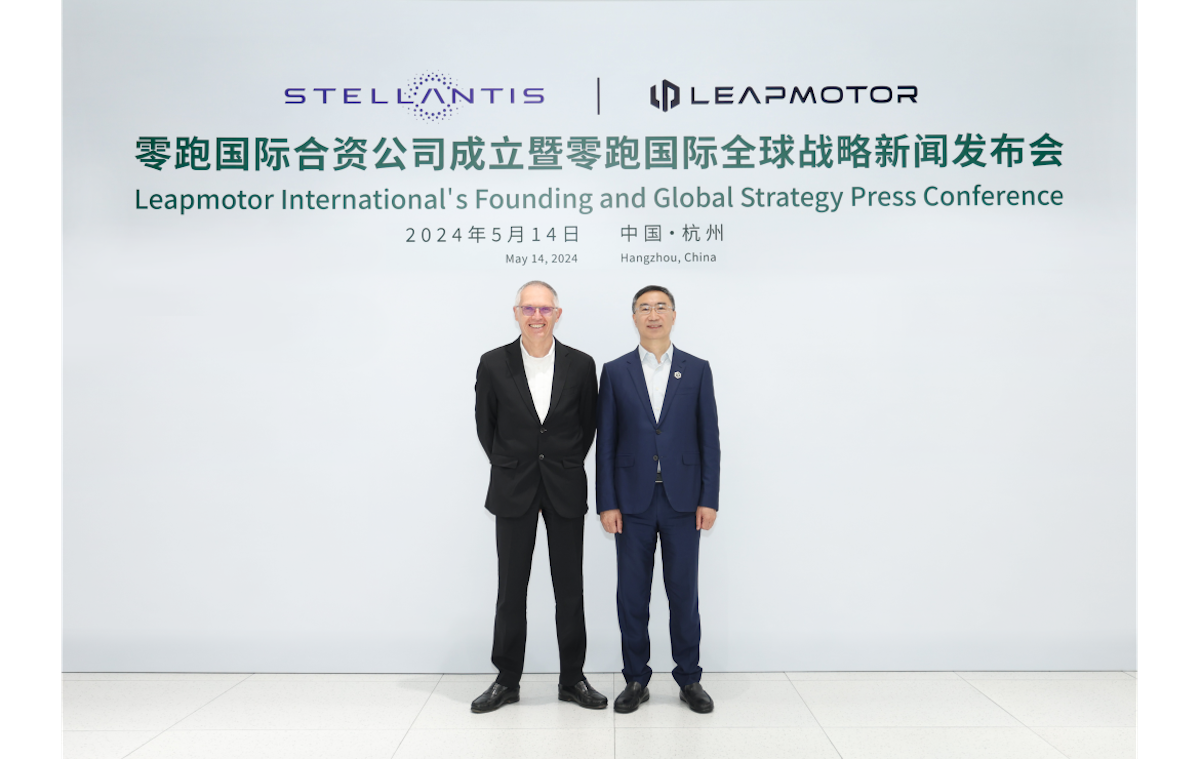Several Chinese electric vehicle manufacturers have already embarked on concrete overseas factory plans. For instance, BYD, which recently surpassed annual sales of four million units, has established factories in Hungary and Turkey to reduce costs and avoid European import tariffs. Additionally, the startup brand Leapmotor has partnered with Stellantis Group to produce electric vehicles in Poland. Meanwhile, Chery Automobile, which is undergoing a transformation, is set to take over Nissan's factory in Spain to manufacture electric vehicles.

From these examples, it is evident that Chinese automakers are gradually moving away from relying solely on export strategies and are actively adopting localized production methods to enhance market competitiveness and address policy challenges in the European market. In this context, recent reports about the potential acquisition of Volkswagen Group's soon-to-be-closed German factories seem reasonable. The effects of such acquisitions can be summarized in three key points:
-
Strategic Importance: Germany, as a global automotive hub, boasts a mature supply chain, highly skilled labor, and a strong foundation in technological innovation. For Chinese companies aiming to enhance their brand image and technological capabilities, acquiring German factories represents a significant strategic investment.
-
Avoiding EU Tariffs: The European Union imposes tariffs on electric vehicles imported from China. Producing locally in Europe would effectively reduce costs and enhance market competitiveness.
-
Brand Reputation and Consumer Trust: Manufacturing vehicles in Germany holds significant meaning for gaining the trust of European consumers. Successfully entering the highly demanding German automotive market can be seen as a key to achieving success in other global markets.
However, as Chinese automakers prepare to establish factories in Europe, they will face numerous challenges. First is the relationship with labor unions, which play a crucial role in Germany's industrial landscape, significantly influencing factory operations and employment opportunities. Chinese brands must offer favorable working conditions to maintain good relations with labor unions. Second is political and policy resistance, as several European governments are considering measures to strengthen protection for local industries and reduce dependence on China. Finally, there is the issue of brand value. Although Chinese electric vehicles can gain an edge through pricing strategies and technological advantages, they must still contend with consumer trust competition against traditional automakers.

The current active expansion of Chinese automakers into overseas markets demonstrates that a reshuffling of the global automotive industry is already underway. Once Chinese automakers successfully establish themselves abroad, they can not only enhance their efficiency in providing new products and services to local markets but also gradually reshape consumer perceptions and the standing of Chinese brands over time.

Moving forward, while Chinese brands can secure entry into the new global automotive landscape through financial investments, the fundamental elements of success remain: continuous technological innovation, strengthened brand image, and increased collaboration and engagement within local communities. As policies in Germany and other countries become clearer in the future, it will become evident whether Chinese brands can seize this rare opportunity to achieve true globalization.